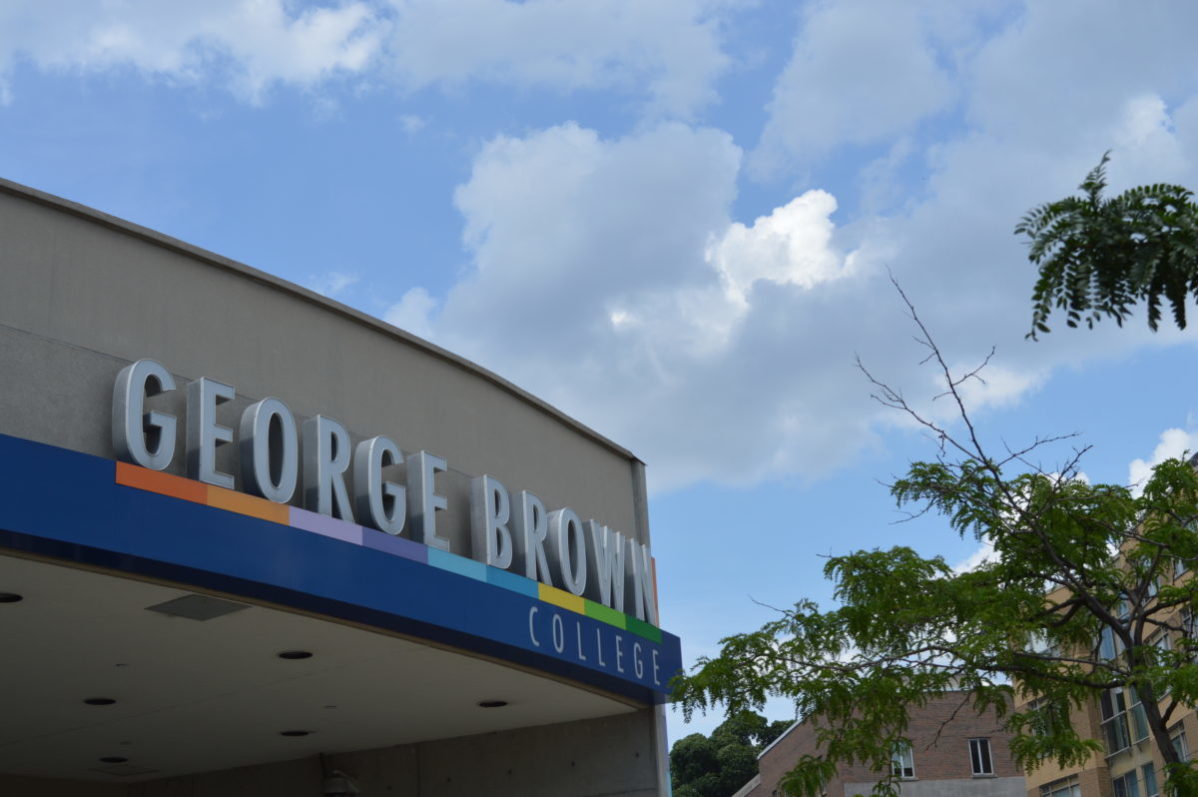Members of the George Brown College (GBC) community present at yesterday’s GBC Anti-Racism Strategy Review Forum called for developing a curriculum on Anti-Racism & Decolonization Practices and making it mandatory for all students.
The forum organized by the Office of Anti-Racism, Equity and Human Rights (OAREHRS) at GBC took place virtually on October 20 to discuss, evaluate and explore strategies that can be implemented within all branches and systems of the college to facilitate an equitable college environment.
Around 130 people, consisting mostly of employees of the college, took part in the forum to share their ideas about potential anti-racism strategies that could be pursued at GBC, while also providing feedback on the current strategies in place.
OAREHRS manages human rights complaints and advises on diversity and inclusion issues at the college.
Their office is also responsible for matters related to the college’s Human Rights Discrimination and Harassment Policy, Sexual Assault and Sexual Violence Policy and Protocol, AODA Accessibility Policy and Freedom of Information and Protection of Privacy.
The forum, moderated by Michel Shah, student services initiatives coordinator at GBC, also had breakout rooms where participants engaged in group discussions to evaluate current Anti-Racism strategies in place and explore potential ones that could be pursued.
While sharing the highlights of one of the group discussions at the forum, Juanita Wattman-Simeon, director of academic quality at GBC, stressed on the need for developing a curriculum on Anti-Racism & Decolonization Practices and making it mandatory for all students.
Wattman-Simeon also said that a major roadblock in the advancement of anti-racism work at GBC is that most employees get tunnel-visioned about their own work.
What gets in the way of anti-racism work at the college is that people still don’t see it as their personal responsibility to take steps related to the process of decolonization, Wattman-Simeon said.
Adding on to the discussion, Mary Grogan, professor of management at GBC’s Centre for Business, said that it was not enough to have an updated curriculum, evaluating how well that curriculum is delivered is also crucial.
Grogan also mentioned that more people from the white community need mentoring with people from other racial backgrounds.
Many white people are reluctant to share openly in racial equality training because they are concerned about shame and blame, Grogan added to point out one of the challenges in conducting racial awareness training.
Shawne McKeown, senior digital content editor from the office of GBC president, emphasized the need of extending the conversation on racial equity at the college to include events and issues happening around the world.
McKeown also represented concerns on behalf of her group of participants about technologies that have an inherent racial bias. Information about inherent racial biases in current artificial intelligence programs has come to light in recent years.
McKeown also addressed the need to update material covered in current workshops on racial equity at GBC.
Currently, OAREHRS leads training titled “Challenging Anti-Black Racism: Education and Prevention” at GBC.
The workshop focuses on exploring the roots of racism in Canada and aims to support participants in understanding the impact of racism on an individual, institutional, and societal level.
The training also aims to provide resources to increase one’s knowledge and understanding, as well as tools to challenge racism. This training can be booked through Anti-Racism, Equity and Human Rights Services at diversity@georgebrown.ca.
Shah talked about the importance of differentiating between being racist and unconsciously standing in or participating in policies within systems that are racist.
“We have to come to the table to discover what these policies are,” Shah said, adding that sometimes only training is not enough to provide the solution, but the efforts must lead to facilitation and implementation.
Mandy Bonisteel, a professor at GBC, voiced concerns about the structural limitations within the college that create a barrier in creating an inclusive environment where people from all backgrounds and branches of the college are heard.
“The institution is structured in a way that silos and actually undermines the lateral sharing of these best practices,” Bonisteel said.
Michel Shah emphasized ensuring that GBC employees have the power to speak freely without having to be concerned about their employment.
Shah also called for developing strategies that engage more people, students and employees alike, in taking part in the Anti-Racist work and movement.
Alison Burns, another participant who is the manager of Divisional Integration & Strategic Initiatives at GBC, talked about the low representation of racialized people at the college.
Burns also called for oversight to make sure that Indigenous students are treated fairly at the residential facilities of the college, urging policymakers to consider reserving priority housing spaces for Indigenous students.
Jennifer Grant, director of OAREHRS mentioned that her office is looking to launch updated Anti-Racism strategies by December this year.


